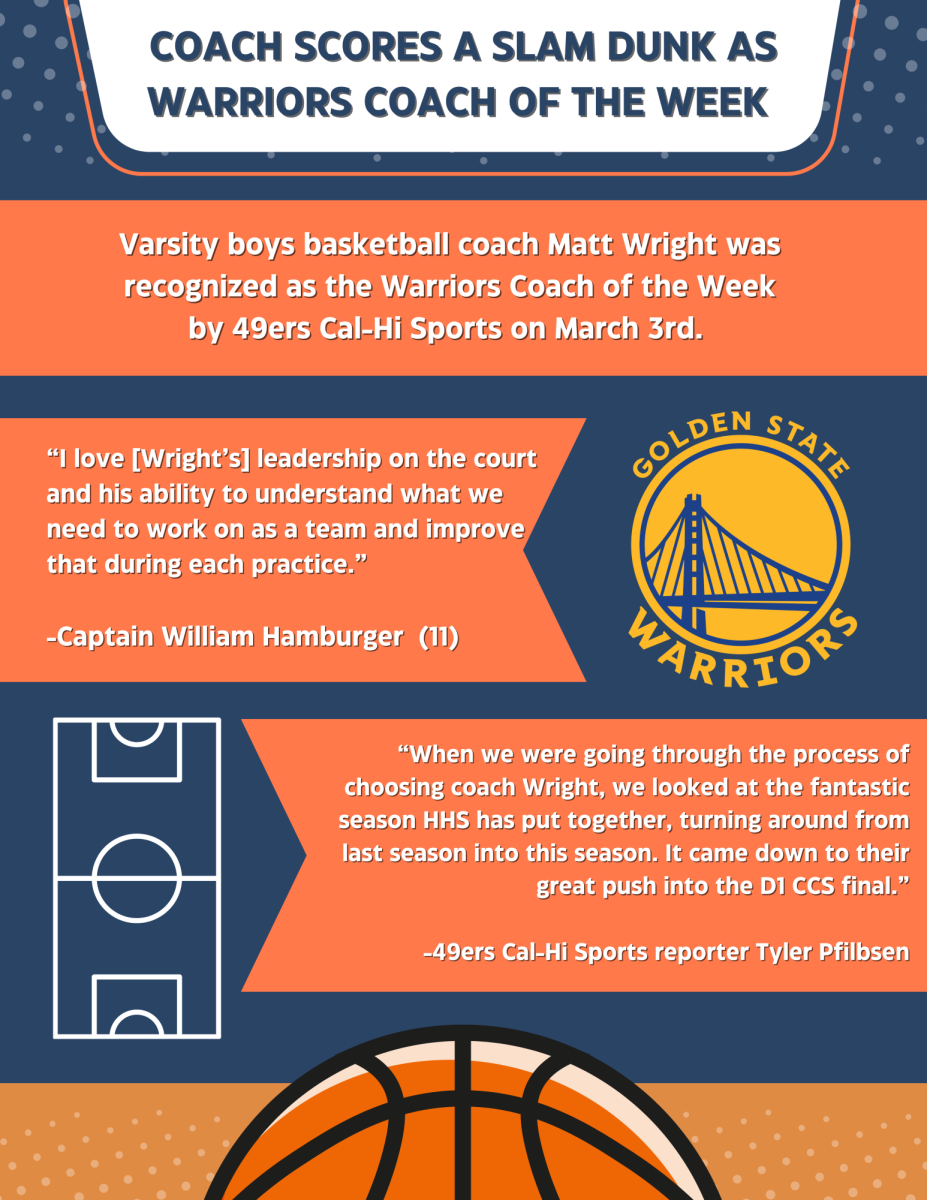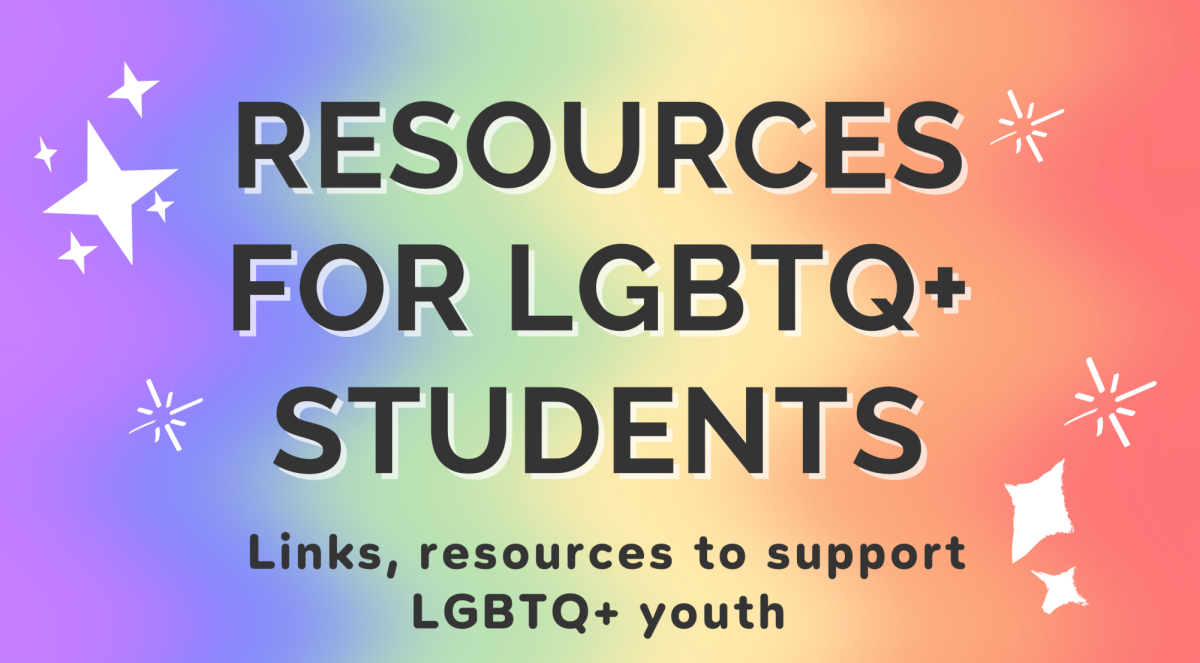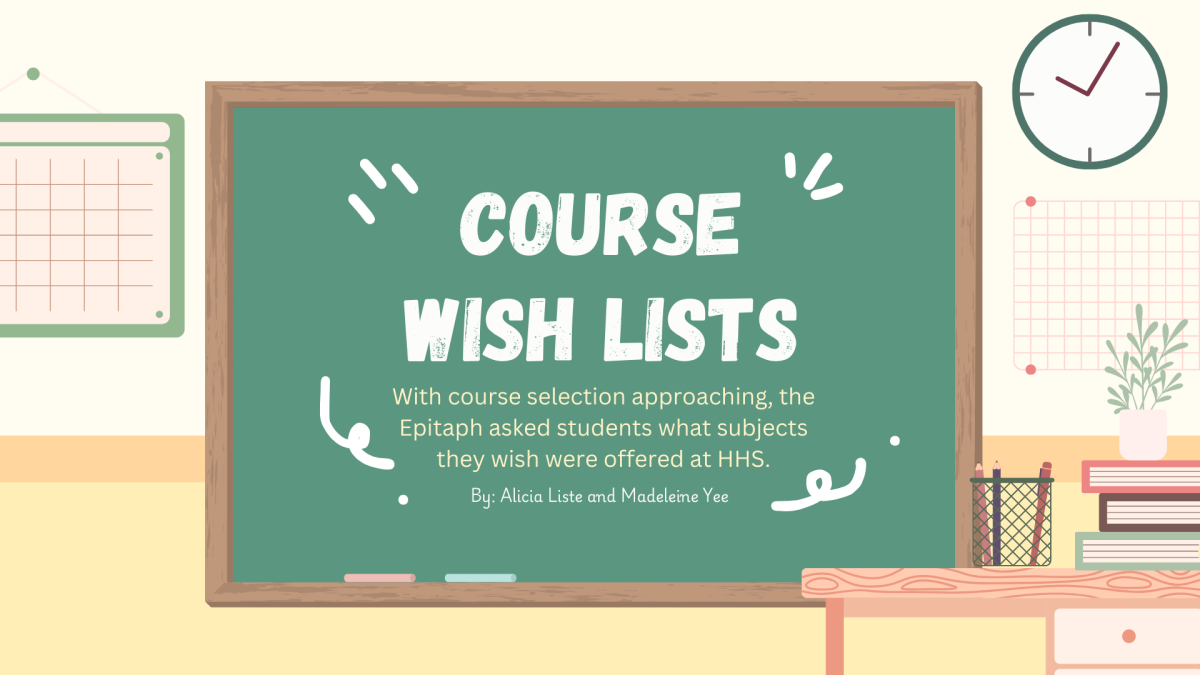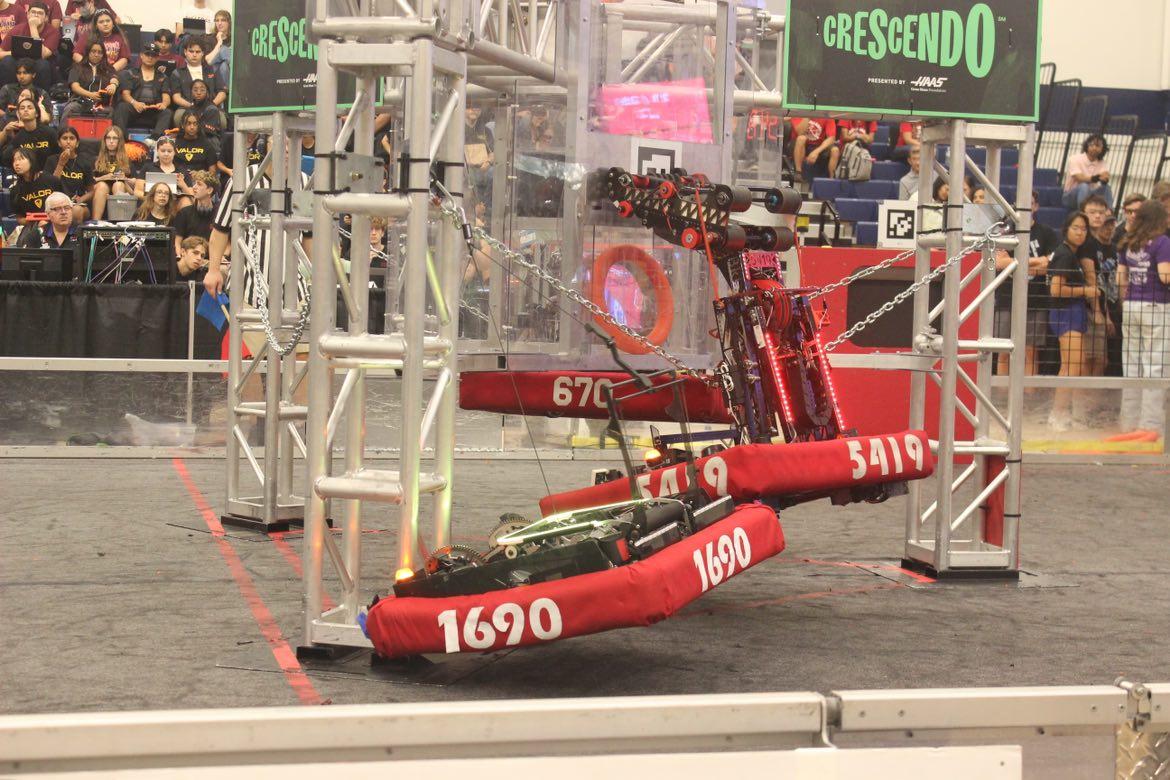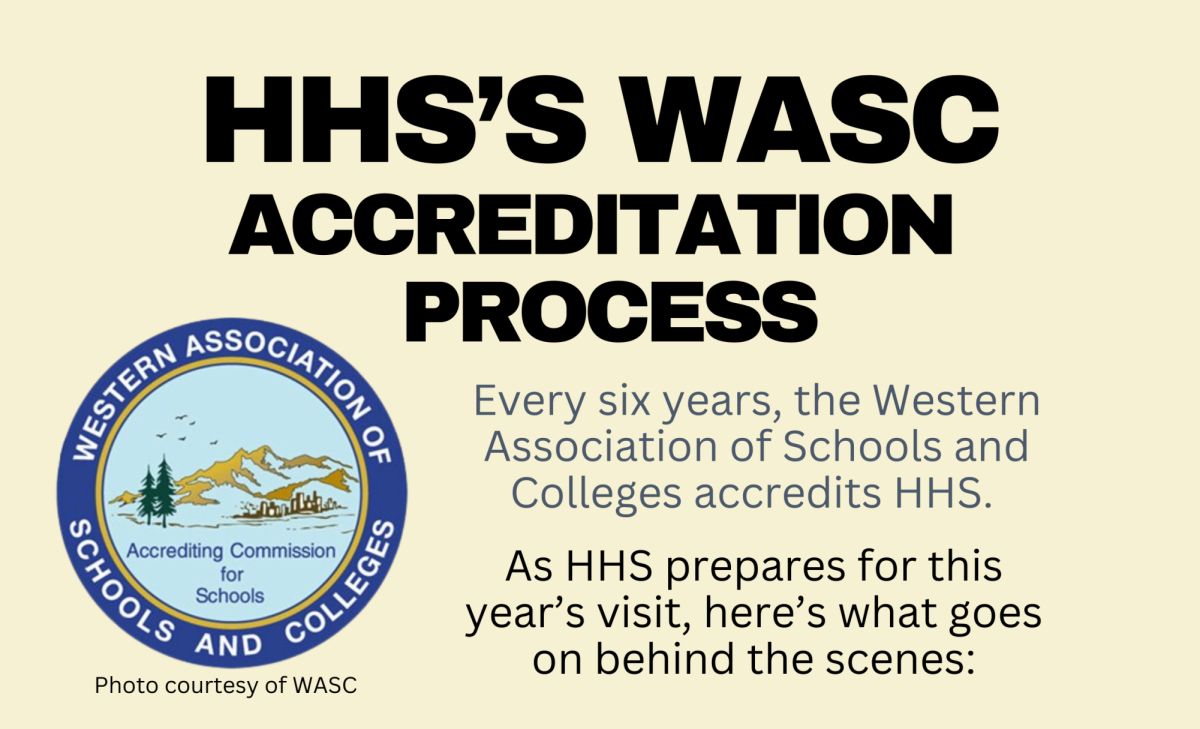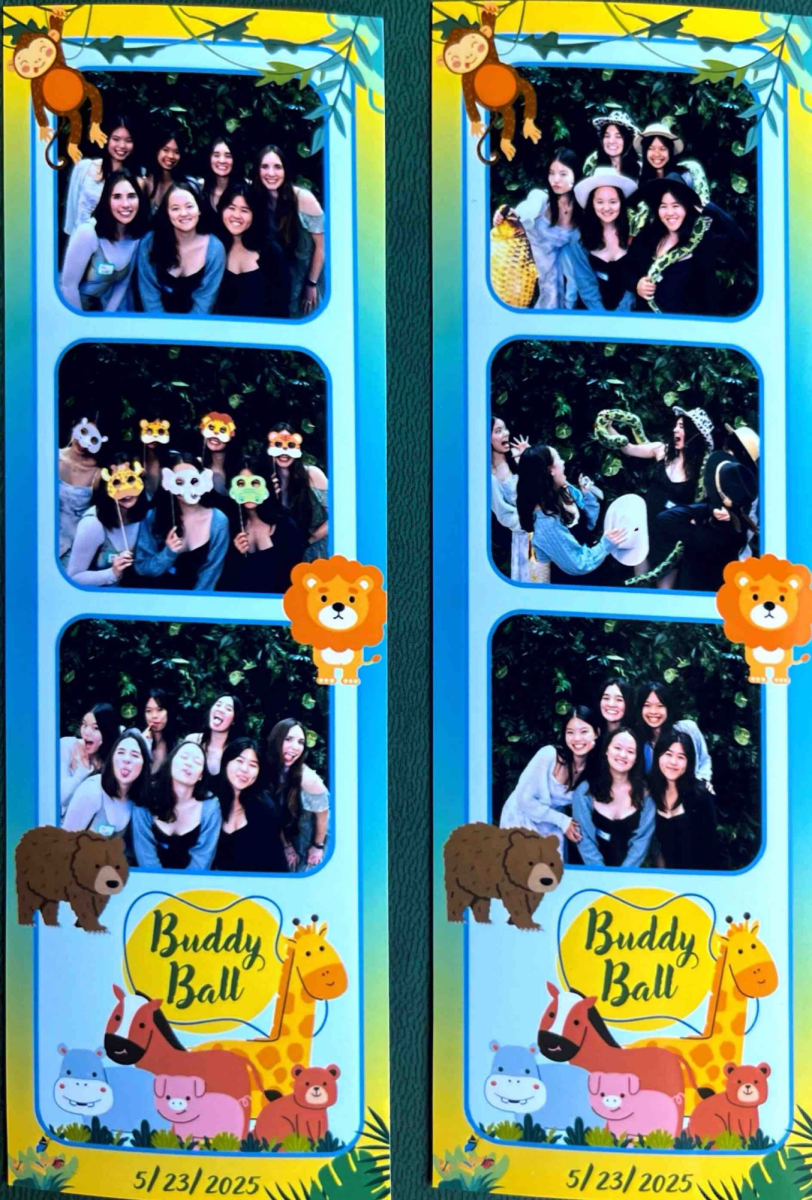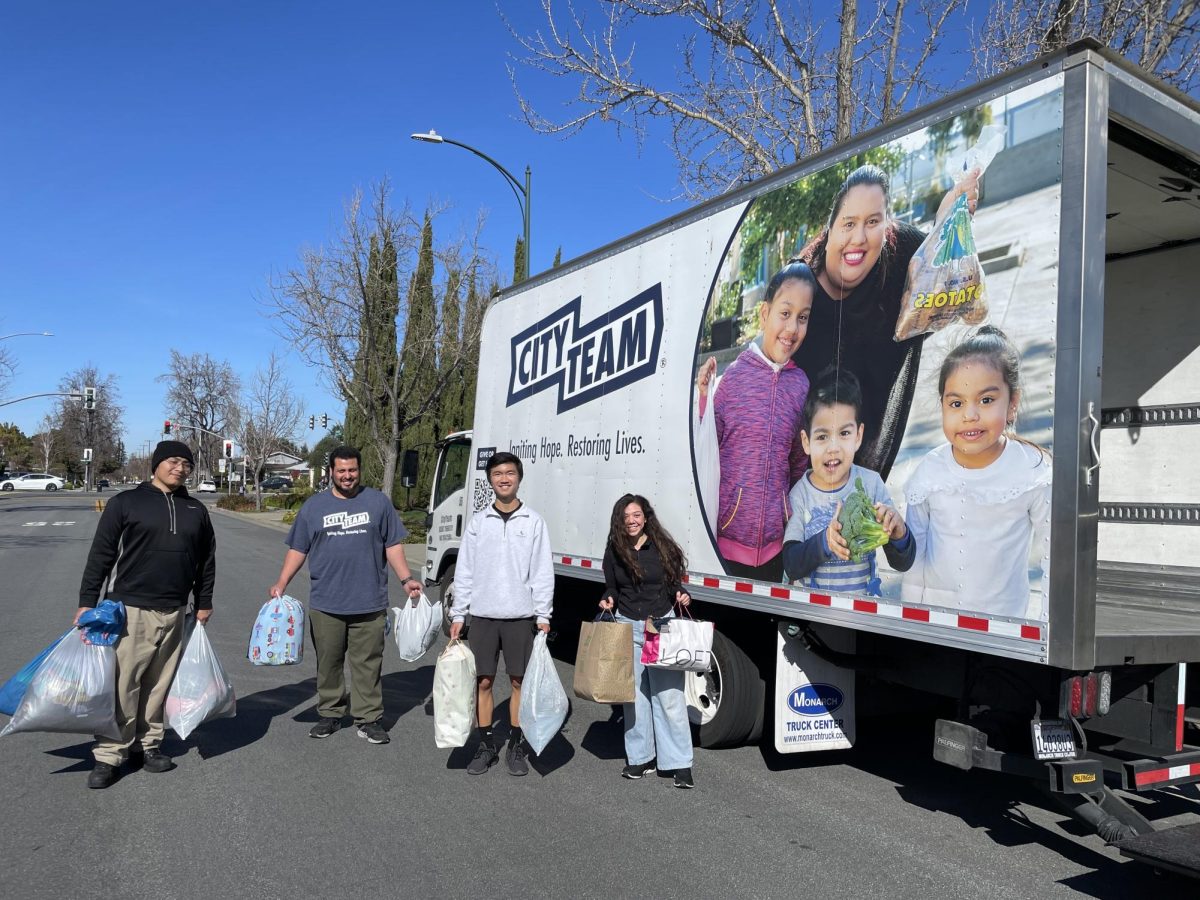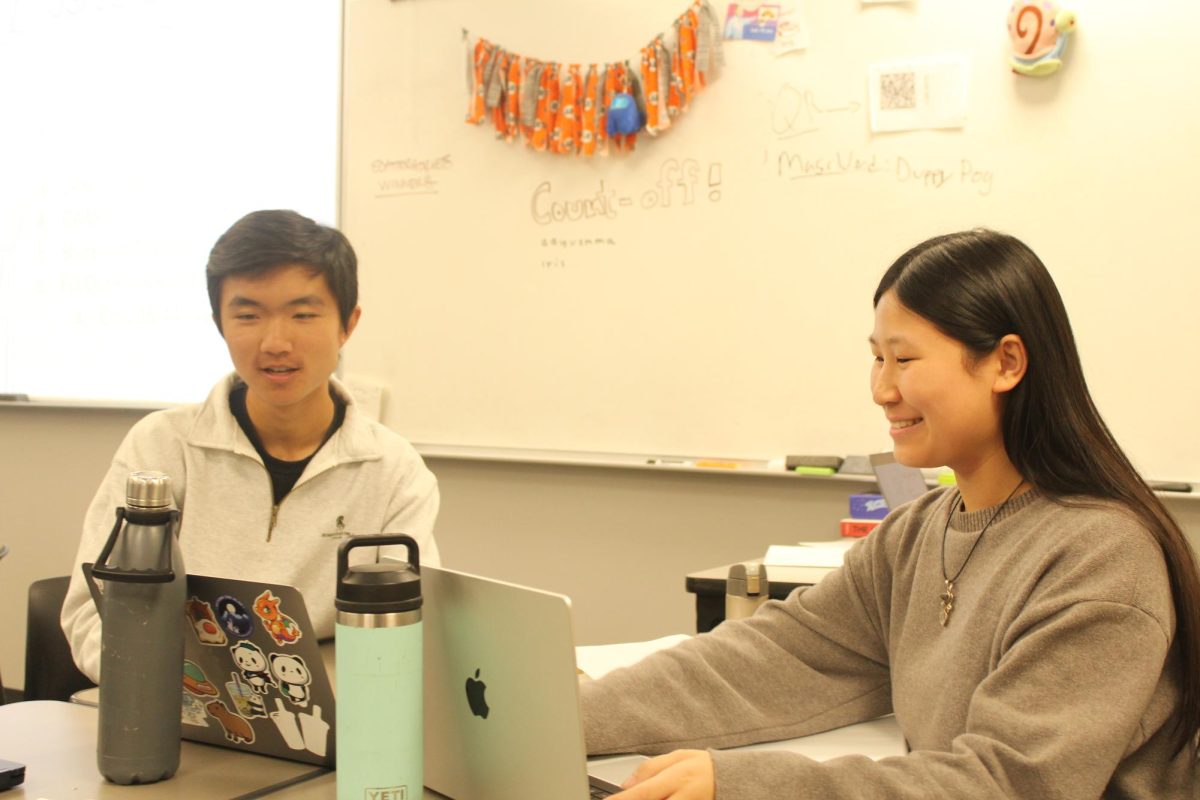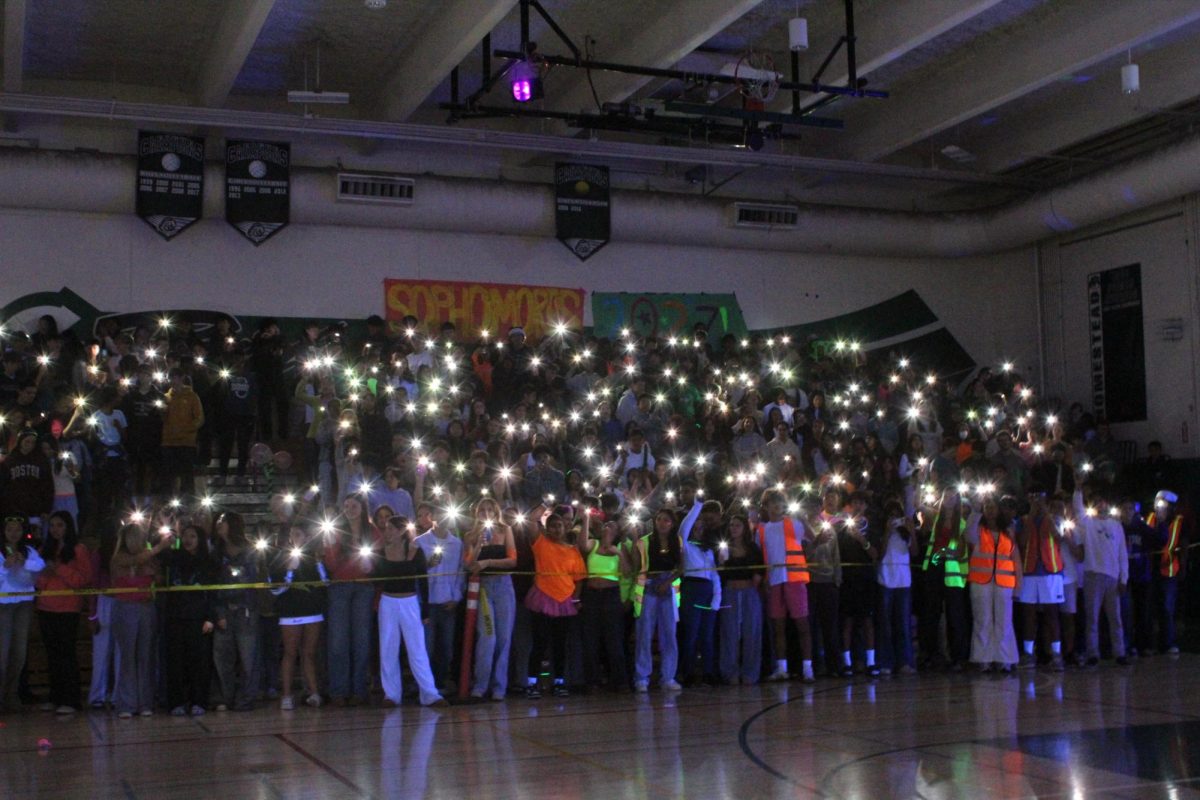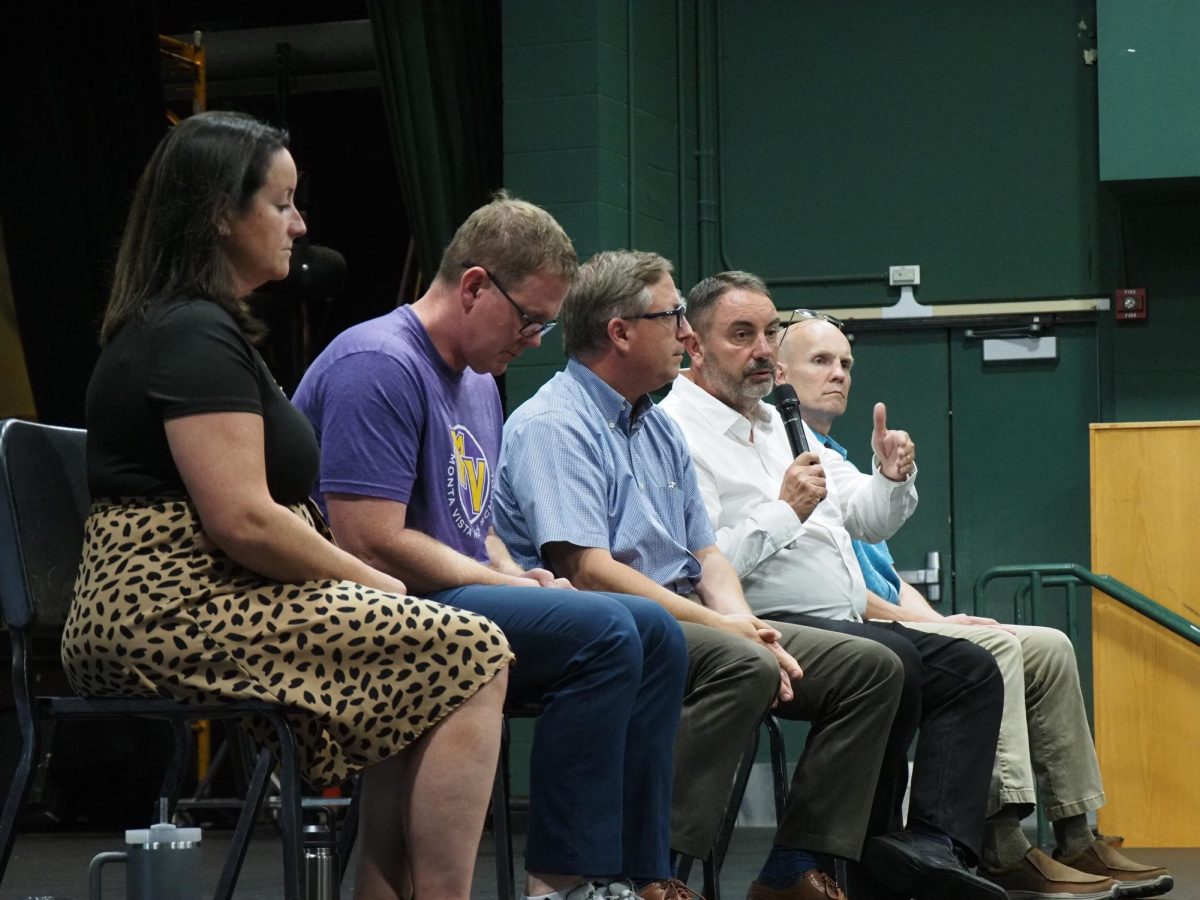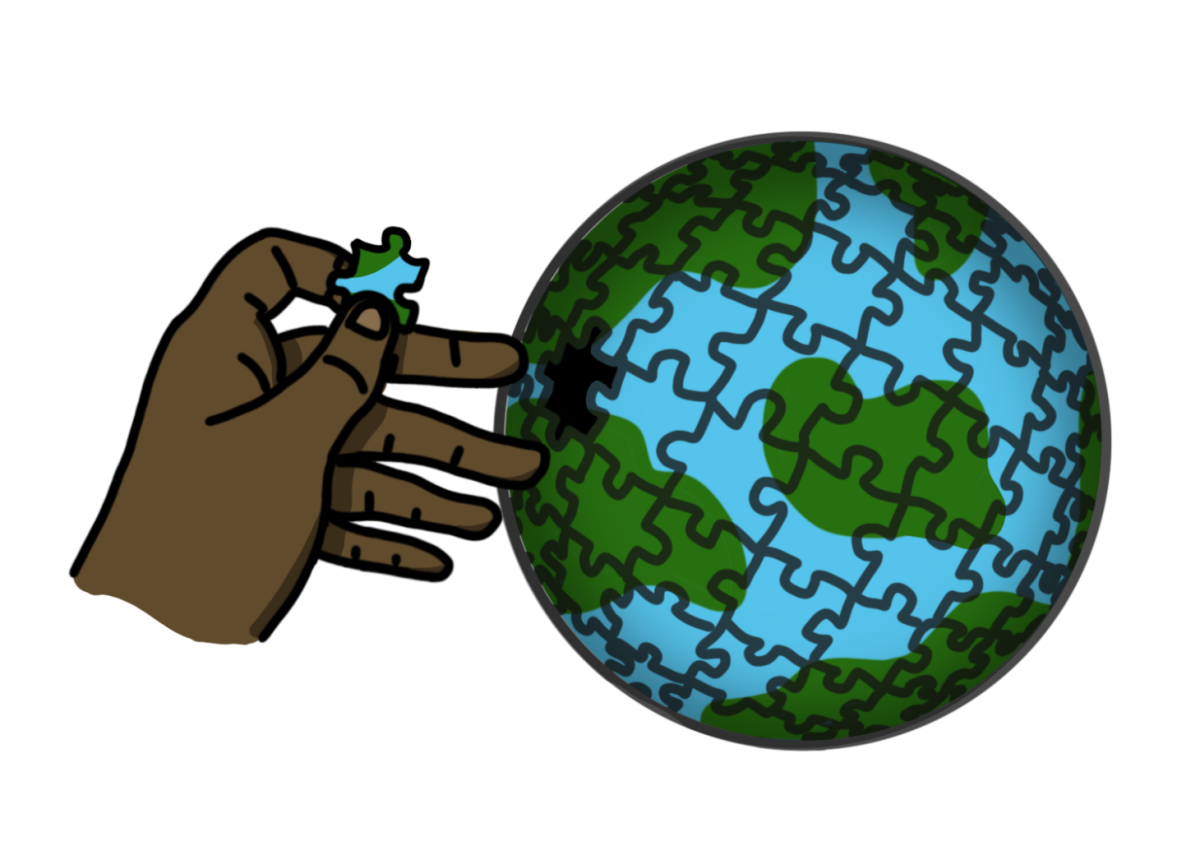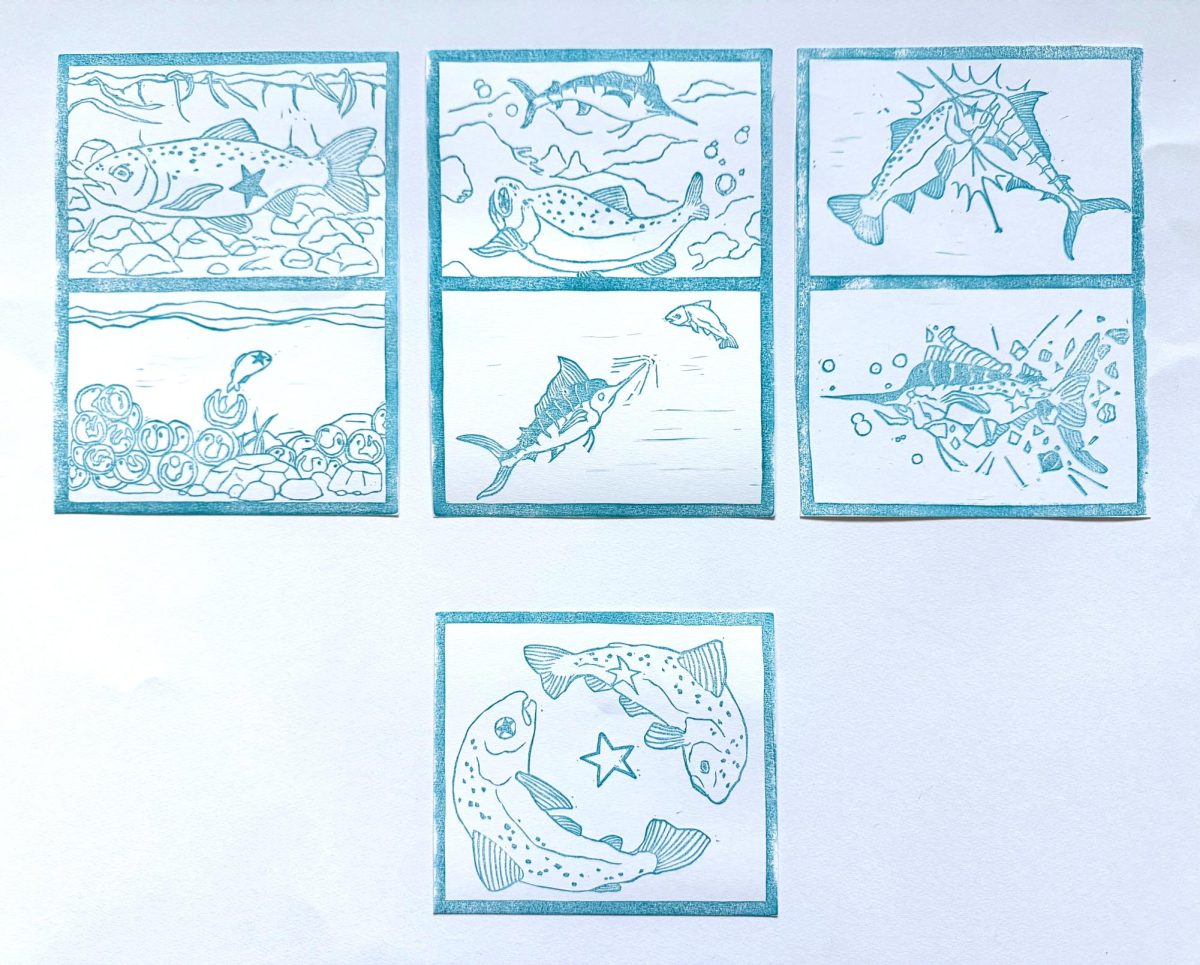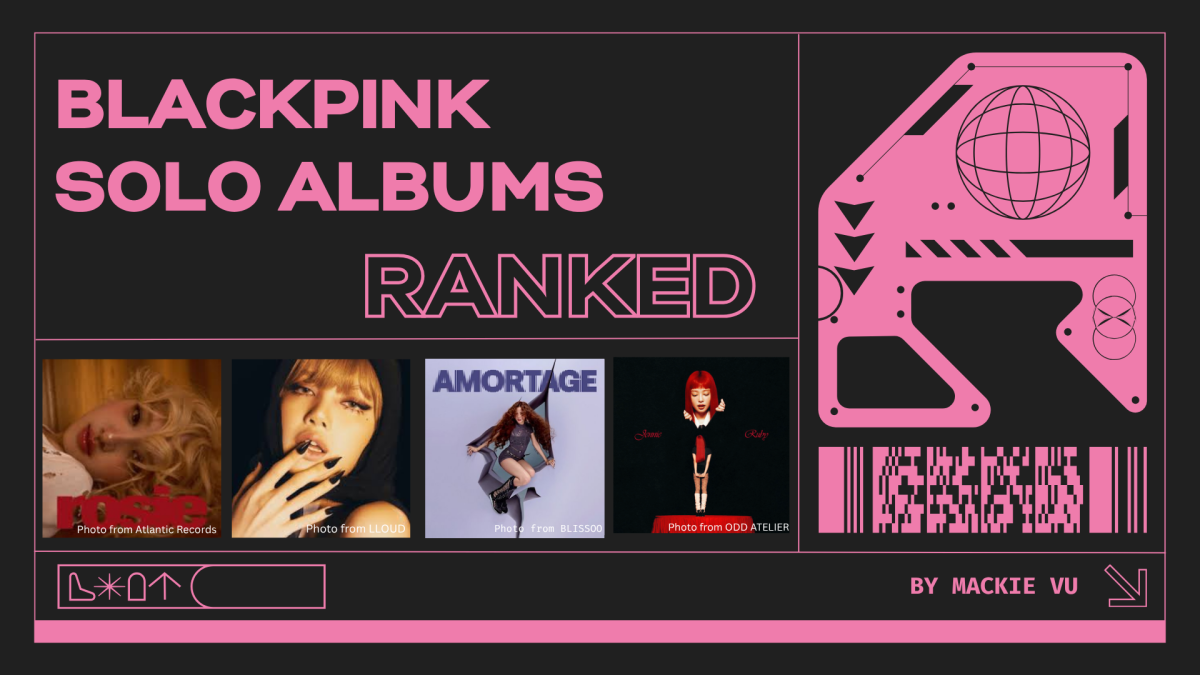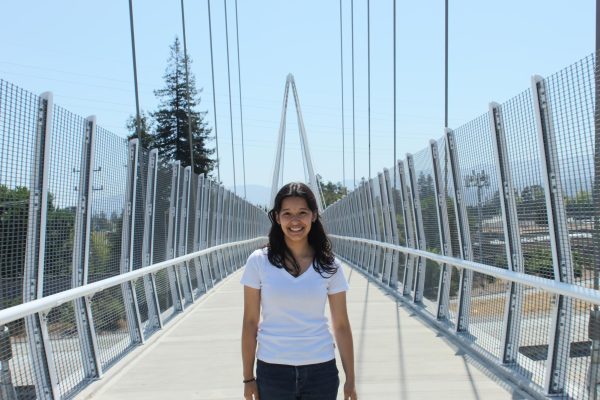The PTSA partnered with the nonprofit organization Challenge Success to host a webinar workshop about AI’s influence on education on Nov. 29, PTSA president Harita Menon said. The workshop, entitled “From Threat to Opportunity: AI in Education – School Policies and Best Approaches” was presented by Challenge Success co-founder Denise Pope and school design partner Drew Schrader, according to the Challenge Success website.
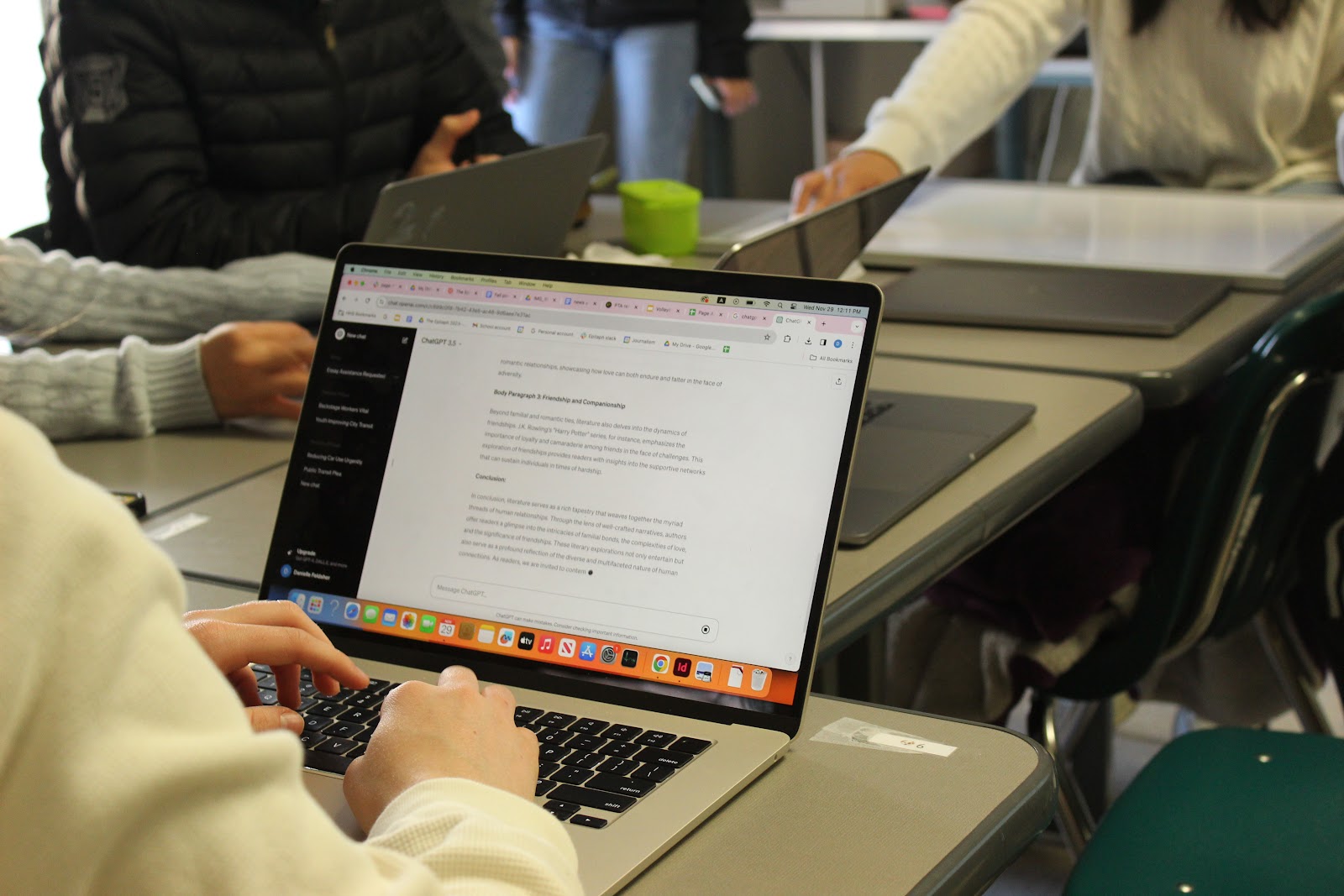
The presentation was inspired by Challenge Success’ almost 20 years spent studying rates of student academic dishonesty and the reasons behind cheating, Schrader said.
“The rapid emergence of artificial intelligence technologies has radically shifted the entire conversation around cheating,” Schrader said. “We created the workshop to help teachers face these new challenges with an open mind [and move] towards ways they might support student learning as well as caution on how [AI] might hurt students.”
PTSA executive vice president Agnes Lang arranged the speaker event. Despite not being tailored to our school, she said the talk remains very relevant because of the novelty of AI. Lang said she wanted the workshop to give attendees a more impartial view of the possibilities of AI.
“I’m hoping that with the workshop, we are not going into [AI] with the mindset that, ‘oh this is all really bad and we should not use it and our students should not use it,’” Lang said. “We should have an open mind and learn what policies our educators can create to use this tool appropriately. My hope is that we have an open dialog as parents, students and educators about [AI].”
Similarly, Schrader said he intended to give educators a better understanding of AI’s benefits in the classroom, helping teachers start discussions with their students about AI’s abilities, impact and proper use.
“We also believe very strongly in having students be a part of these conversations with their teachers, peers and parents,” Shrader said.
Menon, who planned to attend the webinar, said that the issue of AI affects her personally. Her children, one a college student and the other a current HHS student, are often exposed to AI.
“Although there are a lot of opportunities with AI, ethically, we [still do not know] how AI is appropriate or inappropriate in a school setting,” Menon said. “So I’m hoping to get some more light on this topic, and I would like to attend the talk, as a parent, and hope that my kid’s teachers and staff members attend as well so that we all can think about [AI] in a more open-ended and curious way.”
Schrader said flexibility is key to getting the most out of technological advancements like AI.
“While we don’t think it is possible to fully future-proof schools from these kinds of changes,” Schrader said, “we do think that if teachers’ default move is to problem solve with their students about if, when and how to use tools like this, [teachers] stand a better chance of having [new technologies] add value rather than cause problems.”



